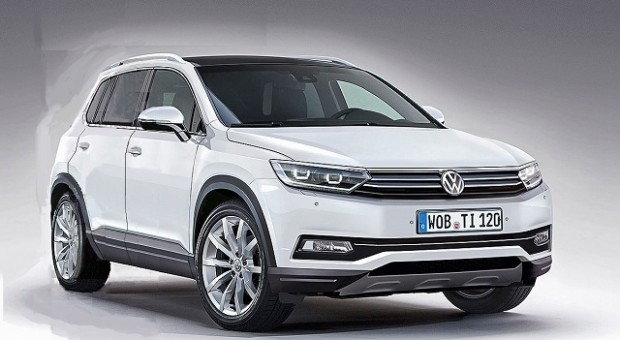
A new car is a major financial investment; this means that you have to carefully evaluate your financing options from car sales experts such as Hilton Car Supermarket. This may seem daunting, particularly if your financial literacy is not up to standard. The legalese and jargons associated with financing models might confuse you. But do not worry; this article will help you with three smart ways to finance the purchase of your next car. This should make things much easier to understand and help you make a good choice.
Personal Contract Purchase (PCP)
For people who love to change their cars every few years, this a great option. Note that this is not a loan that covers the car’s cost but rather the difference between a brand new car’s value and its value at the end of the hire agreement. For instance, you sign up to a PCP for three years, and the vehicle you pick costs £10,000. The finance company determines that at the end of the three years, the car’s value will be £5,000. So you only have to pay £4,000 over the three years at the end of the contract. But there is a catch; you will still pay the interest on the remaining £9,000 when making the monthly payments. If you decide to keep the car, you will have to pay off the remaining £5,000 from the original price. If not, you can hand the car back and pick a new one.
This option’s advantages include lower monthly payments, a low initial deposit, and no worries about depreciation. The disadvantages are that you do not own the car during the contract period, and there are high-interest rates. Also, you have to stick to the agreed mileage and keep the vehicle in good condition.
Hire purchase
A hire purchase finance option is basically like a mortgage. It works by placing a deposit of an agreed percentage of the cost of the car. Then the remaining balance is paid over a period of time. The timeframe and amount to be regularly paid in installments will depend on the car’s cost and how long you want to pay it off. Do not forget that each installment payment comes with interest. The car belongs to you after you have paid off your loan. The advantages of this option are that the vehicle belongs to you after you repay the loan, there are no mileage restrictions, and flexible loan periods. The disadvantages are that repossession may happen if you miss a payment, you cannot modify or sell the car, and your credit score will suffer if you miss a payment.
Personal loan
This finance option involves borrowing from a lender and agreeing to pay it back. You will make fixed payments for an agreed time. Payments include interest, so keep that in mind. With the money in hand, you can purchase the car of your choice. Note that the amount you can borrow will be dependent on your credit score. The advantages of this option are that the vehicle belongs to you, and there are no mileage restrictions. On the other hand, re-selling would mean incurring a loss due to depreciation, and there are higher monthly payments. Also, your loan application might be rejected if you have a bad credit score.
















